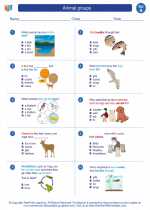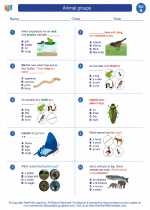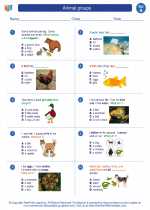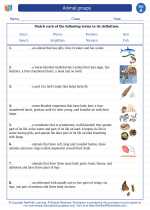The Solar System
The solar system is a collection of planets, moons, asteroids, comets, and other celestial bodies that orbit the sun. It is located in the Milky Way galaxy and is just one of many such systems in the universe. The solar system is approximately 4.6 billion years old.
Sun
The sun is the central star of the solar system. It provides heat and light to the planets and is the largest object in the solar system. It contains 99.8% of the total mass of the entire solar system.
Planets
There are eight recognized planets in the solar system, in order of their distance from the sun: Mercury, Venus, Earth, Mars, Jupiter, Saturn, Uranus, and Neptune. These planets vary in size, composition, and atmosphere.
Moons
Many of the planets in the solar system have moons, or natural satellites, that orbit them. Earth's moon is the most well-known, but other planets, such as Jupiter and Saturn, have a large number of moons as well.
Asteroids and Comets
Asteroids are rocky bodies that orbit the sun, mostly found in the asteroid belt between Mars and Jupiter. Comets are icy bodies that also orbit the sun, with tails that form when they get close to the sun.
Study Guide
- What is the sun and its role in the solar system?
- Identify the eight planets in the solar system in order of their distance from the sun.
- What are moons and which planets have a significant number of them?
- Explain the difference between asteroids and comets.
- Research and list three interesting facts about a specific planet in the solar system.
[Solar System] Related Worksheets and Study Guides:
.◂Science Worksheets and Study Guides First Grade. Animal groups

 Worksheet/Answer key
Worksheet/Answer key
 Worksheet/Answer key
Worksheet/Answer key
 Worksheet/Answer key
Worksheet/Answer key
 Vocabulary/Answer key
Vocabulary/Answer key
